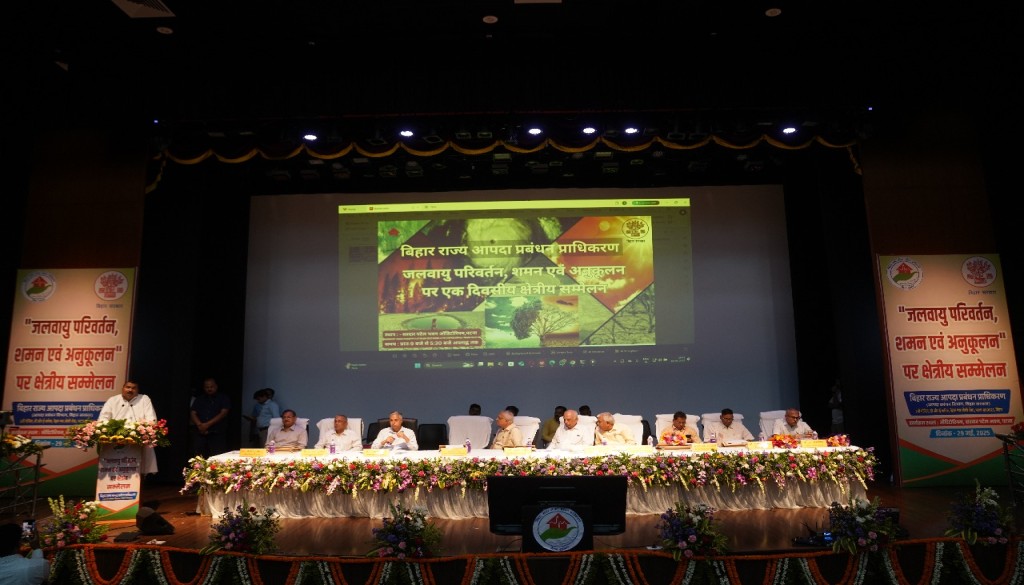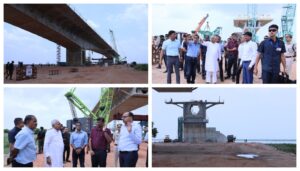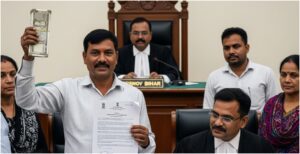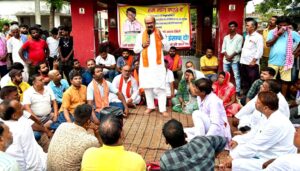From Glaciers to Ganga Plains: Bihar Embraces Local Solutions for Global Climate Challenges

Patna: The Bihar State Disaster Management Authority (BSDMA) hosted a regional conference on “Climate Change, Mitigation and Adaptation” on Thursday at Sardar Patel Bhawan here, uniting government officials, environmental experts and disaster response leaders to chart a localised, community-driven roadmap for tackling climate vulnerability in the state.
The day-long event was chaired by BSDMA Vice President Dr Udaykant and inaugurated in the presence of Disaster Management Minister Vijay Kumar Mandal. Two technical sessions featured discussions on sustainable adaptation strategies, localised flood resilience, and climate mitigation initiatives.
In his address, Minister Mandal described climate change as a “global crisis” with deeply local consequences. “From untimely rains to crop loss, particularly maize, the impacts are already visible across Bihar,” he said, highlighting deforestation, pollution and forest fires as contributing factors. He called for clean energy adoption and grassroots awareness to restore ecological balance.

Krishna S Vats, member of the National Disaster Management Authority, presented a proposal for 500 flood-resilient villages in Bihar, modelled on a pilot in Assam. “Floods aren’t just environmental events — they’re social, economic and health crises,” he said. The Rs 25 lakh per cluster model, he noted, would integrate panchayats, NGOs and local communities to manage water dispersion zones and build small protective structures.
Dr Udaykant endorsed the proposal, calling it “pragmatic and timely.” He emphasised that climate change is not only a government concern but also a social responsibility. “Children born today will grow up thinking extreme weather is normal. It’s our responsibility to give direction to this change,” he said, urging collective action on reforestation, water conservation and sustainable architecture.
Speakers from Nalanda University, the Bihar State Pollution Control Board and the Uttar Pradesh State Disaster Management Authority addressed topics including air pollution, glacial melt risks, and community preparedness. Lt Gen (Retd) Yogendra Dimri stressed the importance of institutional capacity and inclusive participation from women, farmers and labourers in building resilience.

The event also highlighted Bihar’s efforts to align its climate policy with global agreements such as the Conference of Parties (CoP) declarations. BSDMA member P.N. Rai underscored the warning signs of rising temperatures, heatwaves and unseasonal rainfall, urging stronger forecasting systems and strategic coordination.
The conference concluded with a resolution to advance sustainable development by tailoring climate policies to Bihar’s unique vulnerabilities, expanding the flood-resilient village model, and strengthening departmental accountability. A formal vote of thanks was delivered by OSD Md Moiz Uddin, closing a day that set the tone for Bihar’s climate-resilient future.






